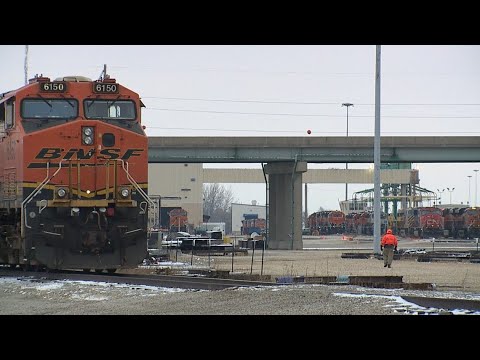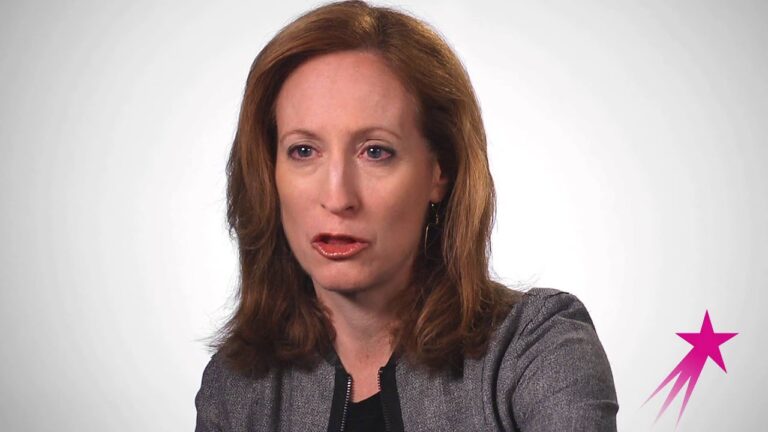Railroad Engineer Job: Description & Salary

Railroad Engineer Job Description Template
Railroad Engineer Job Description A railroad engineer, also known as a locomotive engineer or train driver, is responsible for operating and controlling locomotives or trains to transport passengers or freight. They play a crucial role in the transportation industry, ensuring the safe and efficient movement of goods and people across rail networks. The primary responsibility of a railroad engineer is to operate trains according to schedules and route instructions. They must ensure that trains run on time and adhere to all safety regulations and procedures. Additionally, they must inspect the train before departure to ensure its mechanical fitness and report any issues to maintenance personnel. Railroad engineers also monitor the train’s speed, fuel consumption, and overall performance during the journey. They need to make adjustments to the train’s controls, such as brakes, throttle, and air pressure, to maintain a smooth and safe operation. Moreover, railroad engineers should be prepared to handle emergencies or unexpected situations. They must have a thorough understanding of emergency protocols and be able to make quick decisions to ensure the safety of passengers, crew, and cargo. Effective communication skills are crucial for railroad engineers as they need to communicate with other crew members, signal operators, and dispatchers. They must also be knowledgeable about signals and signs along the railway track to interpret and respond to them accurately. In summary, railroad engineers are responsible for operating trains safely and efficiently. They must possess technical knowledge, attention to detail, and strong decision-making skills to ensure smooth operations and passenger safety.Railroad Engineer Responsibilities
Railroad Engineer Requirements
How Much Does A Railroad Engineer Make?
Railroad Engineer Salary
| Experience Level | Salary Range |
|---|---|
| Entry Level | $50,000 – $70,000 |
| Mid-Level | $70,000 – $90,000 |
| Senior Level | $90,000 – $120,000 |
A Railroad Engineer is responsible for operating and maintaining locomotives and trains. Their salary varies based on their experience level. Entry-level engineers can expect to earn between $50,000 and $70,000 annually. Mid-level engineers earn around $70,000 to $90,000, while senior engineers with extensive experience can earn between $90,000 and $120,000 per year. These figures may vary depending on factors such as location, company, and specific responsibilities. Railroad engineering offers a rewarding career with competitive salary opportunities.
Railroad Engineer Salaries by Country
Top Paying Countries for Railroad Engineer
| Country | Average Salary |
|---|---|
| United States | $87,620 |
| Switzerland | $82,430 |
| Australia | $77,250 |
| Sweden | $70,050 |
| Norway | $67,240 |
Railroad engineers are highly skilled professionals responsible for the safe and efficient operation of trains. The salaries for railroad engineers vary across different countries. According to recent data, the top paying countries for railroad engineers include the United States, Switzerland, Australia, Sweden, and Norway. In the United States, railroad engineers earn an average salary of $87,620 per year. Switzerland follows closely with an average salary of $82,430. Australia, Sweden, and Norway also offer competitive salaries, ranging from $67,240 to $77,250. These salaries reflect the importance of the role and the level of expertise required in operating railway systems.
A video on the topic Railroad Engineer
Video Source : WQAD News 8Interview Questions for Railroad Engineer
1. What are the main responsibilities of a Railroad Engineer?
A Railroad Engineer is responsible for operating and maintaining locomotives, ensuring the safe and efficient movement of trains, inspecting tracks, and managing the overall operations of the railway system.
2. What qualifications and skills are required to become a Railroad Engineer?
To become a Railroad Engineer, one needs to have a high school diploma or equivalent. Additionally, they must complete a formal training program approved by the Federal Railroad Administration. Strong mechanical and technical skills, attention to detail, and the ability to work well under pressure are also necessary.
3. How do you ensure the safety of passengers and crew while operating a train?
I ensure the safety of passengers and crew by strictly adhering to safety protocols and regulations, constantly monitoring the train’s performance and condition, and promptly addressing any issues or concerns that may arise. Regular inspections of the train and tracks are also conducted to identify and correct any potential safety hazards.
4. How do you handle unexpected emergencies or disruptions during a train journey?
In case of unexpected emergencies or disruptions, I follow the emergency procedures specified by the railway company. This may involve communicating with the control center, coordinating with other train crew members, and making quick decisions to ensure the safety and well-being of everyone on board.
5. How do you stay updated with the latest advancements in railroad technology?
I stay updated with the latest advancements in railroad technology by attending relevant training programs, workshops, and seminars. I also actively participate in professional associations and networks to exchange knowledge and experiences with other railroad engineers.
6. Can you describe a challenging situation you faced as a Railroad Engineer and how you resolved it?
One challenging situation I faced was when a train experienced a mechanical failure in a remote location. I immediately communicated the issue to the control center and coordinated with maintenance personnel to arrange for repairs. In the meantime, I ensured the safety and comfort of passengers by providing regular updates and assistance until the issue was resolved.
7. How do you prevent or handle train accidents?
To prevent train accidents, I strictly adhere to safety regulations, maintain constant vigilance, and follow operating procedures. In the event of a potential accident, I take immediate action to apply emergency brakes, communicate with the control center, and take necessary measures to minimize the impact and ensure the safety of passengers and crew.
8. How do you handle the pressure of managing a tight train schedule?
I handle the pressure of managing a tight train schedule by carefully planning and organizing my tasks, adhering to efficient time-management techniques, and maintaining effective communication with the control center and other crew members. Prioritizing tasks and staying calm under pressure help me ensure the smooth and timely operation of trains.
9. How do you handle difficult passengers or situations onboard the train?
When faced with difficult passengers or situations onboard the train, I remain calm and professional while addressing their concerns or resolving conflicts. I prioritize the safety and well-being of all passengers and take appropriate measures to de-escalate the situation and maintain a peaceful environment onboard.
10. Can you describe a situation where your attention to detail played a crucial role in ensuring safety?
One situation where my attention to detail played a crucial role was when I noticed a small crack in the track during a routine inspection. I immediately reported it to the control center, and the necessary repairs were made before any train passed through that section. This attention to detail prevented a potential safety hazard and ensured the safe operation of trains.






